How Students in Seattle Got More School Counselors—Paid for by the City’s Wealthiest Corporations
Local politicians said it couldn’t be done. The Seattle Times said it shouldn’t be done. The students stuck to their demands and proved them wrong.
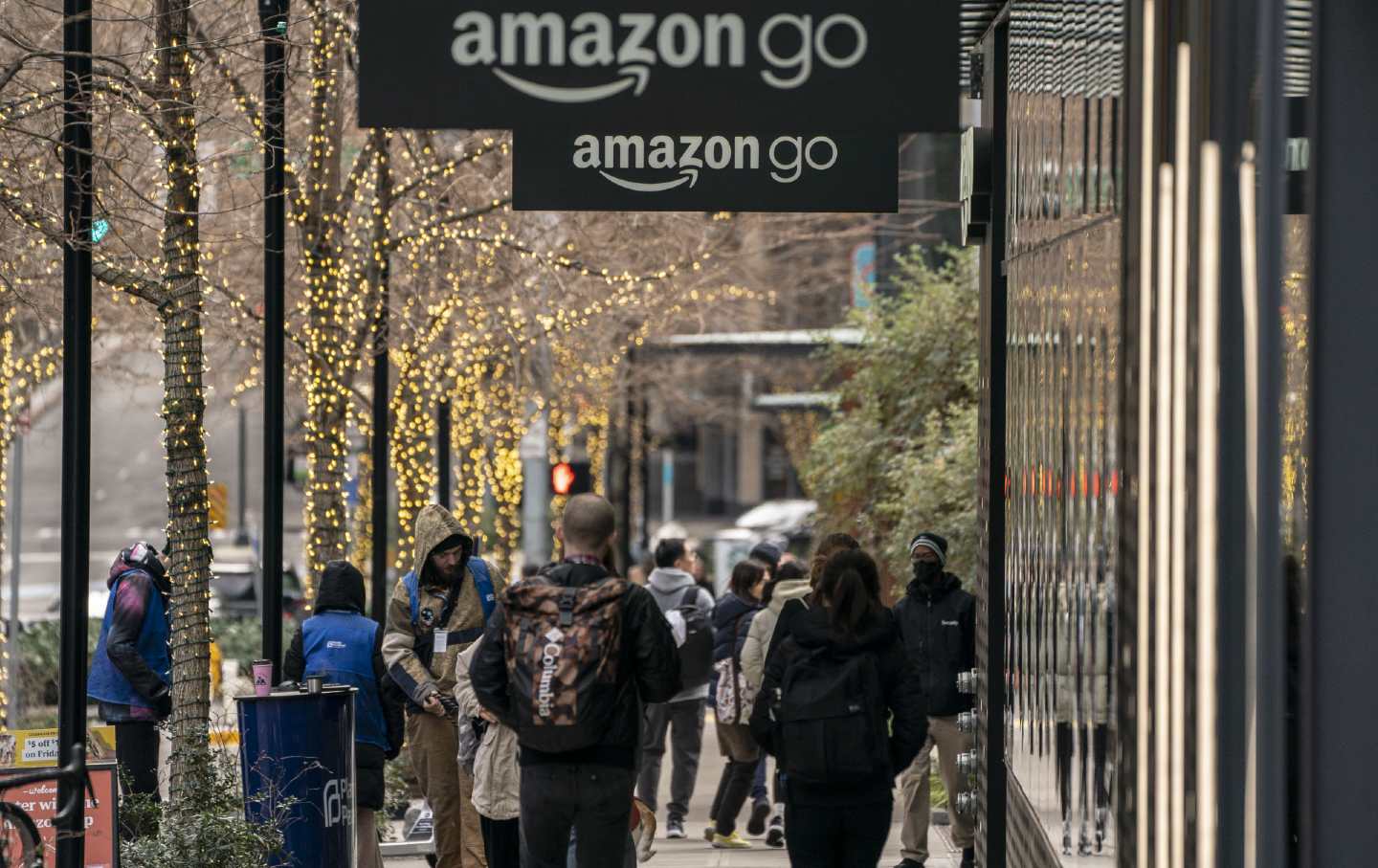
Seattle, Wash.—Agnes Leapai, a social worker at Franklin High School, found out two of her students were living in a car some nights—so she booked them a motel. She regularly works to find food, clothes and pay bills for struggling families, including a lot of impoverished single mothers. “My work isn’t confined to the school,” she said. Every Friday during the last school year she worked a shift at her school from 8 am to 4 pm and then at a homeless shelter from 8 pm to 8 am on Saturday mornings. She sees some of her students at the shelter. For Thanksgiving, she found 20 turkeys for homeless students.
Agnes is one of the many Seattle Public School social workers and counselors who provide vital support to thousands of students every year. But she and her colleagues are stretched to the breaking point. Students in Seattle schools, like students everywhere in the United States, struggle with mental health issues and the stresses of teenage life that multiply when your housing, food, and social supports are unstable. Suicide is the second-leading cause of death among teenagers and young adults in the United States, and nearly one in five high school students reports serious thoughts of suicide, according to a University of Caliornia–Los Angeles publication.
The system is failing students, and social workers like Agnes. Too many politicians and school administrators have thrown their hands up, saying there’s little that can be done to change things.
But this year, a group of students in the Seattle Student Union proved them wrong. Composed of middle and high school students from across the city, the Seattle Student Union formed two years ago to fight for the needs of students. We began by winning N95 masks for all students and school staff in Seattle at the height of the pandemic. Then, after a school shooting at Ingraham High School in north Seattle a year ago, we mobilized thousands of students to walk out of school and rally at Seattle City Hall. Just after that, we won $4.5 million in new city funding for school counselors.
This November we demanded $20 million—a whole lot more money. We also demanded that the money come from a tax on the biggest businesses in the city. As a result, we got a lot of negative attention from Amazon, headquartered in Seattle and one of the largest companies in the world.
“I support your demand, but you’re never going to win,” the Seattle City Council’s budget chair told us. The Seattle Times editorial board criticized us, as did the local chamber of commerce.
Some students said the same thing: “It’s not going to happen, not this year.”
“We need to try,” we said. And so we did. We organized thousands of students, first to sign a petition. Next, hundreds e-mailed the Seattle City Council. The most committed students showed up at city hall and waited hours to testify.
We had one ally on the city council who unwaveringly took up our fight. The $20 million budget amendment was introduced by city councillor Kshama Sawant—a socialist who’s proven over and over again to be a strong ally of the Seattle Student Union. She provided us with advice on how to mobilize students and counselors, and she opened up her office so we could make rally signs and get ready for the public hearing.
At the final public hearing on the 2024 city budget, students and counselors united in our demand for an additional $20 million. I held up a sign reading “Kids are killing themselves while Bezos hoards his wealth,” and C. Maker-Witucki, another high school student, warned the council members that “if you know anything about teenagers you know that we are good at holding grudges, and if you turn your backs on us we will remember it.” The city council members heard the message loud and clear. Our movement won.
Our amendment to increase the “Amazon Tax” by $20 million to fund more public school counselor and mental health positions passed, 5 to 4.
In the coming years, these funds will help provide crucial support to school students. It will save lives. And even better, this $20 million in funding came not from taking money from other vital city programs, but by increasing a tax on Amazon and the wealthiest businesses in Seattle.
Thanks to the “Amazon tax” the city estimates it will fund between 130 and 160 new staff members next school year. My own school, like most in Seattle, currently has just 1 therapist for 1,300 students. Next year, that ratio will decrease to one for every 400 students. Meanwhile, counselor ratios will decrease from as much as one for every 400 students to one for every 250 students in all high schools to finally meet American School Counselor Association and ACLU recommendations. Agnes and her fellow counselors will be able to do their jobs without being so overwhelmed, and more students will get the help they need.
Our experience shows that we should never accept that we can’t win something because it’s never been done before, because it’s ambitious, or because the politicians wouldn’t support us. We made a bold demand. We pressured the politicians by mobilizing students and counselors throughout the district. We showed them that we were not going to give up and, in the end, we won.
More from The Nation
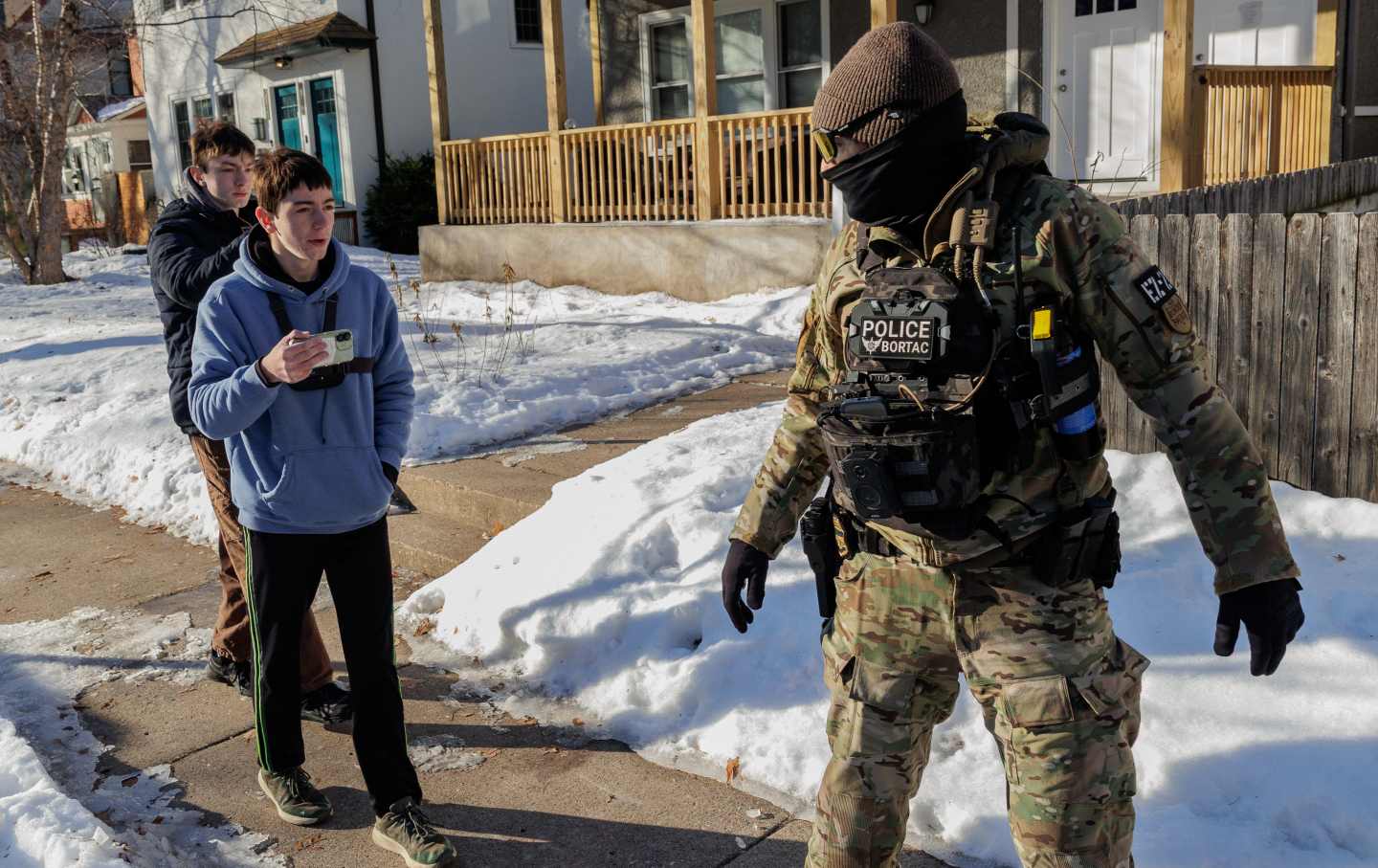
The People vs. ICE The People vs. ICE
Across the country, neighbors are working together to protect one another from Trump’s immigration crackdowns.
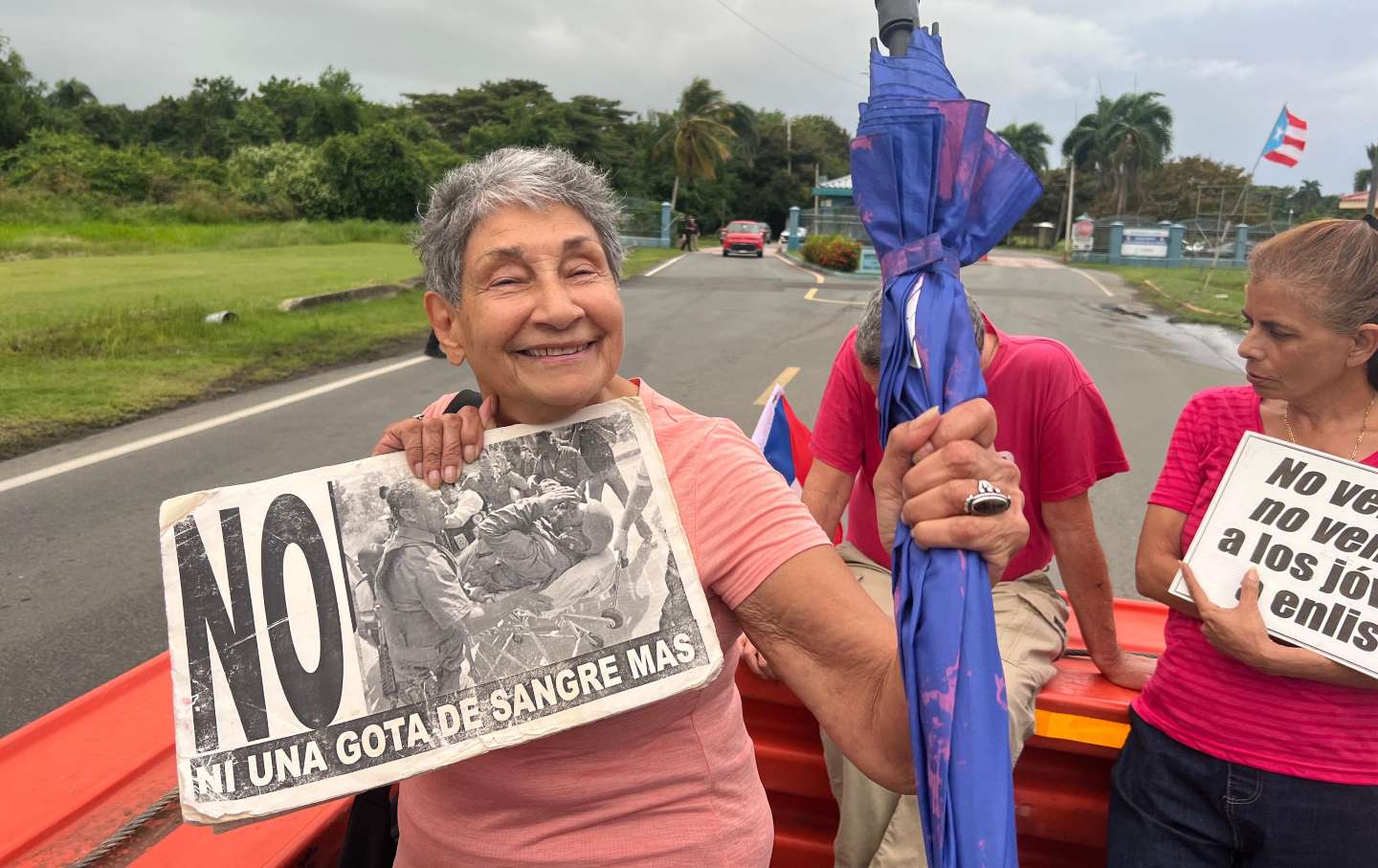
Puerto Rico’s Mothers Against War Turn to Revolutionary Love Puerto Rico’s Mothers Against War Turn to Revolutionary Love
Formed to oppose the Iraq War, Madres Contra La Guerra have now spent decades trying to end Puerto Rico’s role at the center of the US war machine in Latin America.
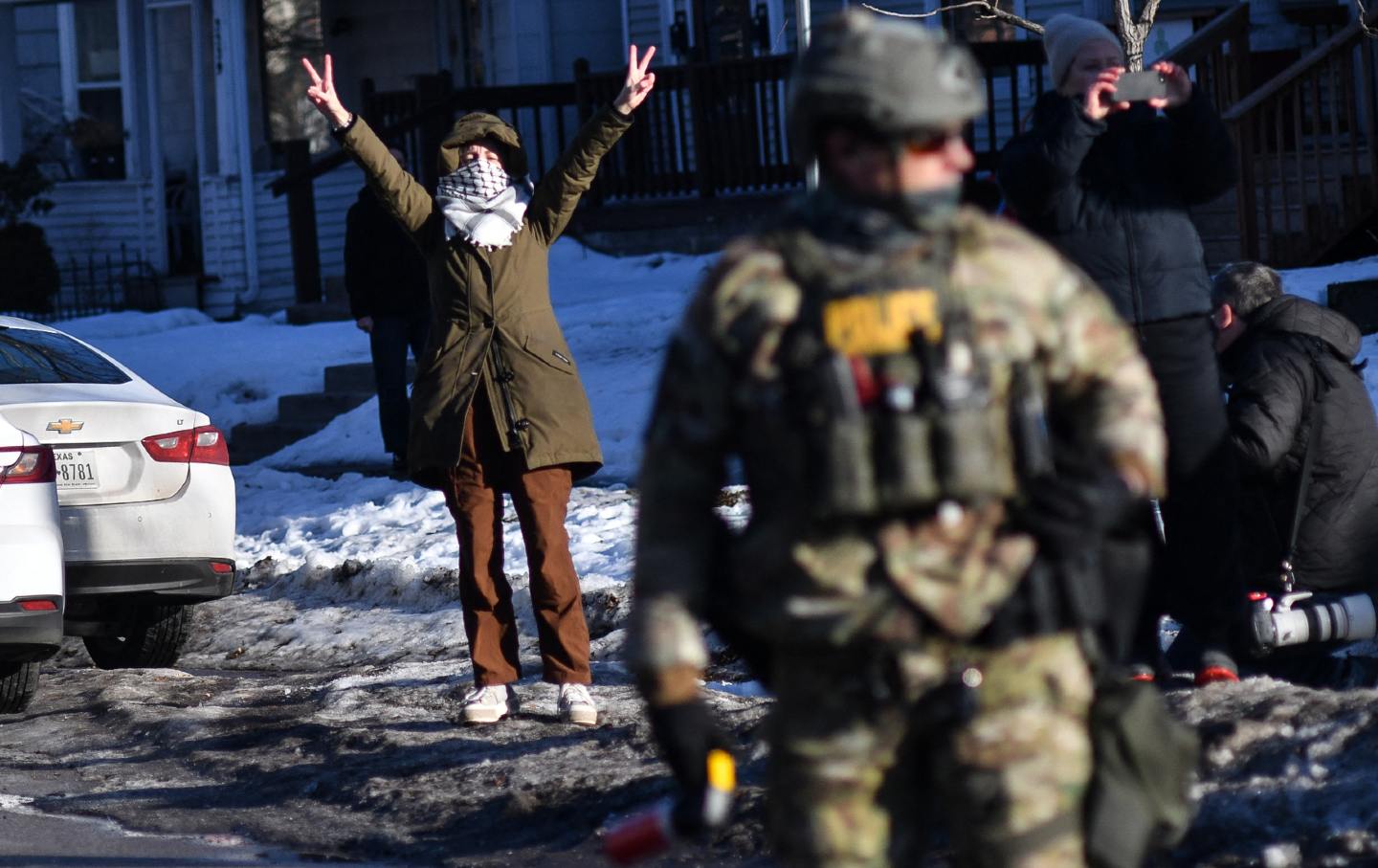
A Minneapolis Teacher Wants the Whole Country in the Streets A Minneapolis Teacher Wants the Whole Country in the Streets
Dan Troccoli, a public middle school teacher, says everyone should start “emulating” Minneapolis’s resistance to ICE and the Trump regime.

Let’s Make Renee Good the Last Person That ICE Kills Let’s Make Renee Good the Last Person That ICE Kills
We can turn the tide against Trump—but only with mass action and courageous leadership.
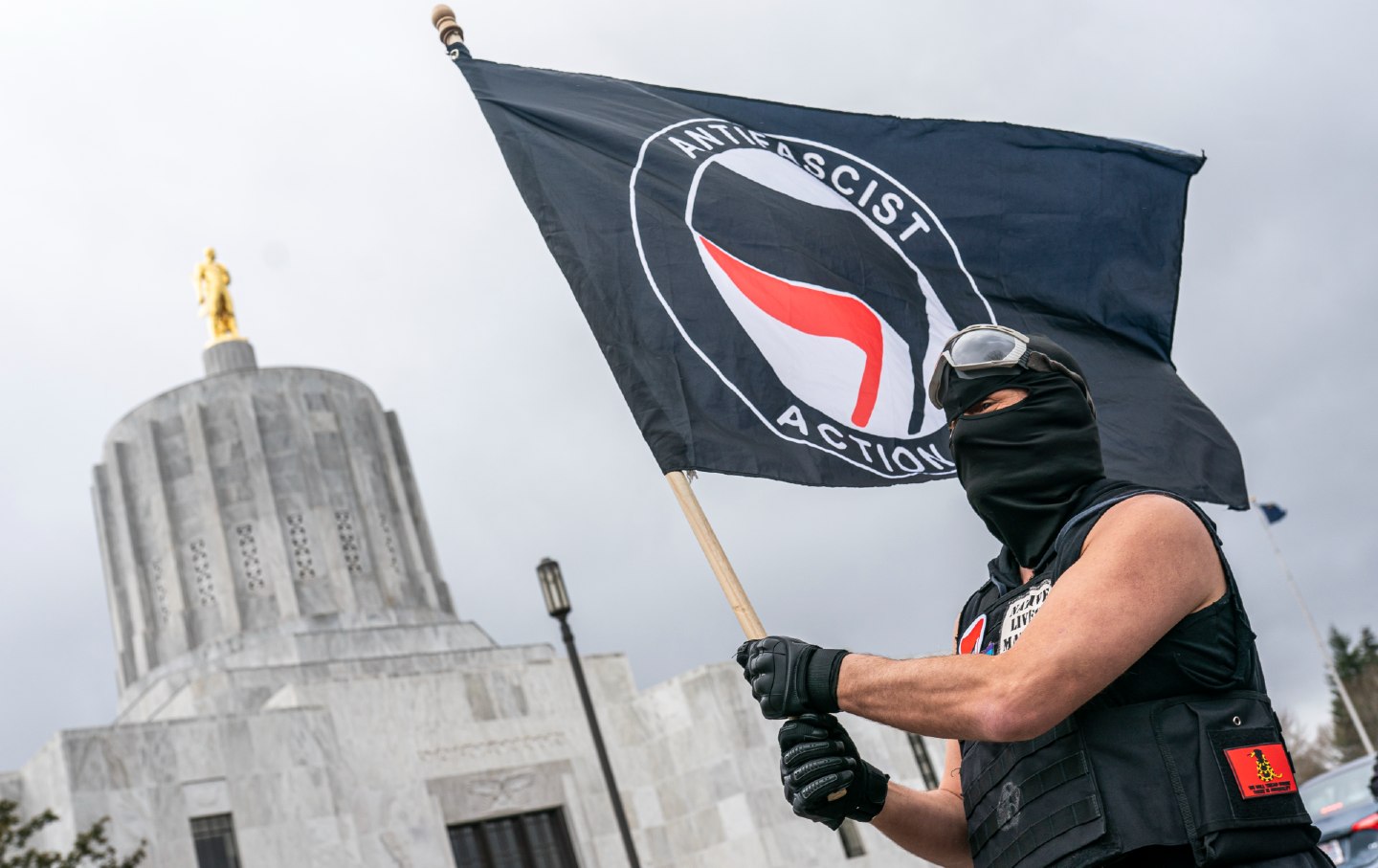
Liberals Think Antifa Isn’t Real. But It Is—and It Knows How to Win. Liberals Think Antifa Isn’t Real. But It Is—and It Knows How to Win.
To protect us all from the violence of the Trump administration, we must defend antifa.
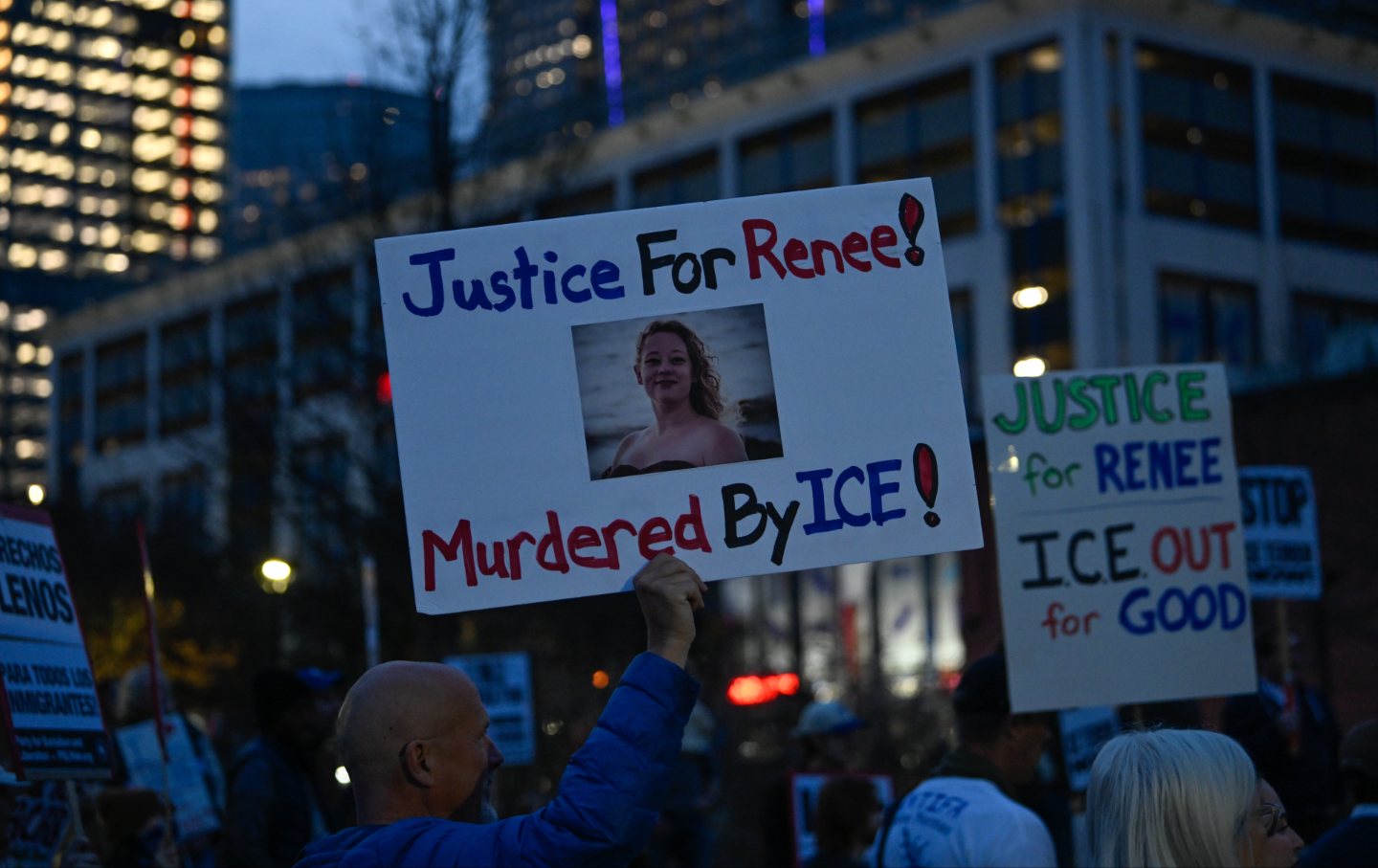
Want to Stop ICE? Go After Its Corporate Collaborators. Want to Stop ICE? Go After Its Corporate Collaborators.
ICE can’t function without help from the private sector. So we should force the private sector to stop helping.


